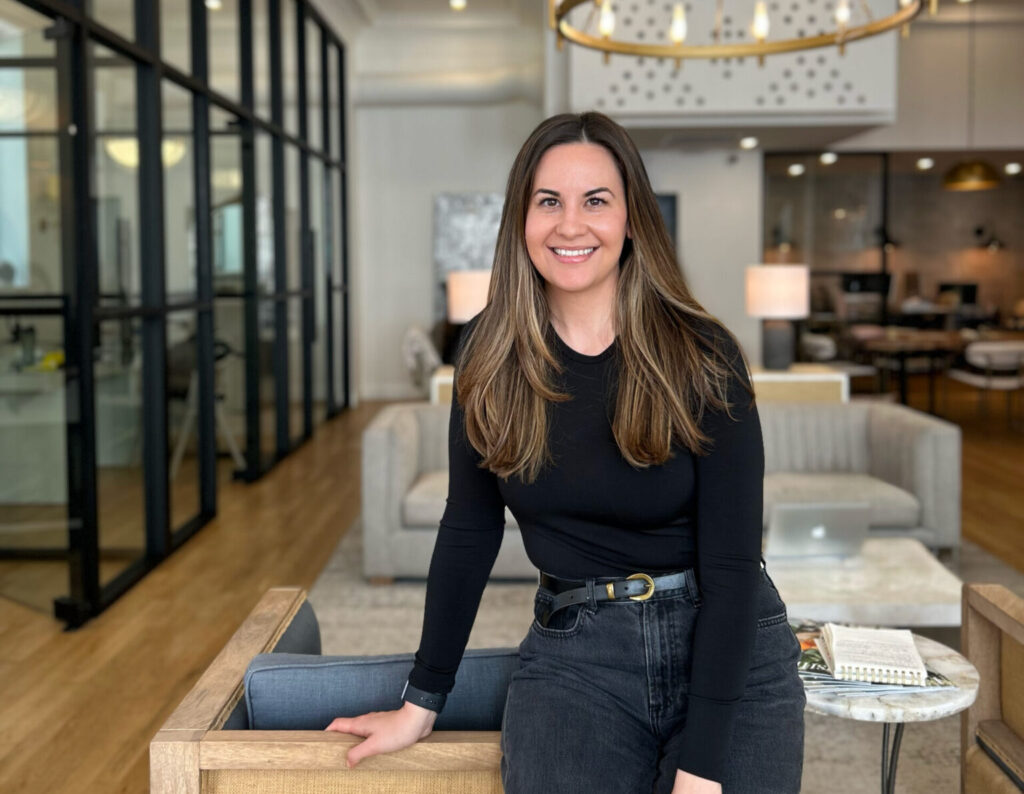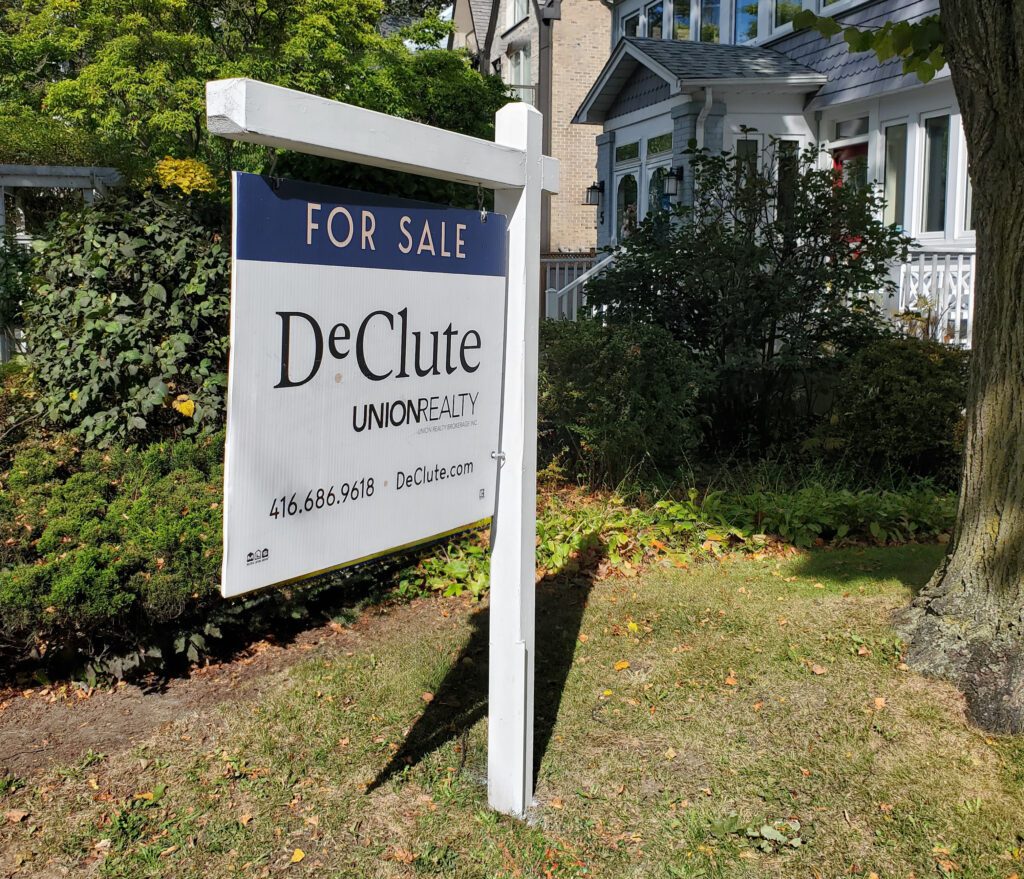Buying an investment property can be scary and exciting all at the same time. Owning real estate is often a great way to generate income and build wealth over time but getting started can be a little intimidating.
An income property is not the only way to invest in real estate. You can always buy, reno and flip properties. For the purpose of this blog we will focus on buying a property and renting it out to generate income, much different than buying and flipping. We’ll save that one for another article.
Buying an investment property isn’t for everyone. It takes a special person to manage tenants, repairs, remodelling, taxes and bookkeeping. It can be a big-time commitment and take a significant investment. It can also be a fantastic way to generate income and build equity overtime.
We have some easy steps to offer you to get started on the path to buying your first investment property. Following a plan and these easy steps are a great way to not only get things going in the right direction but also a good way to build your confidence in the process.
Determine your motivation
Start by asking yourself the hard questions. These are things not to be taken lightly.
- Are you looking for a project?
- Does the idea of becoming a landlord thrill and excite you?
- Is this a long term plan for your kids to move into or for income for your retirement.
- Do you want to manage this property yourself or will you be hiring a property manager?
Owning investment properties can be time consuming and require your full attention. It is really important to determine your end game in the first inning so you will bring home a win. Too many puns? ☺ Once you have decided on your goals you will have an easier time achieving them.
It’s not just money in the bank
Visit your bank or mortgage broker before your go out tire kicking. First things first and financing is first, unless you are a cash buyer. Decide if you will be leveraging the equity in your home, drawing from investments or using your savings. Your mortgage specialist will explain the special financing rules for investment properties and look at your entire financial picture to see where you fit in. You may find that you are limited to properties with a history of rental income, or that you will have extra funds to modify and renovate your new investment property. Can you weather it for a few months if you have some vacancy in one or all of your units? These are the things the lenders will consider. It is advisable to have a reserve of 6 months rent in the bank. Your lender may also require this.
Keep in mind your closing costs. Legal fees, property taxes
Do you want liquidity, maybe you want to buy a property which is easier to sell if things don’t work out? Keep in mind rental properties are not as liquid as your typical single-family home and they can take longer to sell. If you think this may be shorter term or you want more liquidity while you test the waters of being a landlord, then you will want to buy in a great location so your chance of an easy resale is much better. Either way you cannot make an offer without having your financing approved.
How much time do you have?
From the time you begin your search patience is a virtue you will need and time is an asset you will have to invest in owning an investment property. Be patient. The process of finding the property to fit your needs can be time consuming. Be detached in your approach and really take your time. You are not looking for a home for your family and there is no pressure to buy. Be prepared to walk away if things just don’t add up or feel right. You will want to be through and do your research. If you are assuming tenants invest in getting to know them and their rental history and backgrounds. You don’t want to purchase someone else’s problems.
Once you have found the right home you will need to have some time to invest in your purchase, Consider the time commitment involved in looking after an investment property. Even if you buy a turnkey fully occupied property there will come a time that you have a vacancy. You will have to prep and photograph your vacant unit, complete any repairs needed and of course get it rented. It takes time to vet the calls from would-be tenants, complete background checks and then you need to be on hand for the showings. Be prepared bringing in a new tenant can cause some stress with existing tenants so you may need to manage that as well. If you are starting from scratch, then you will have several units to rent. Then there are the weekly, monthly and annual commitments, cleaning gutters, windows, lawn& garden maintenance, trash out to the curb, unless you have a tenant agree to do that. In Ontario it is the responsibility of the landlord to shovel the walks and stairs and keep walkways and sidewalks clear of snow and ice. Will you personally be doing this with each snowfall? Remember those ongoing repairs, a leaky faucet or roof, a loose cupboard door or a burst pipe. You will often have to meet the repair people at your investment property Added to the chores is the ongoing communication with each of your tenants. The other tenants may be too noisy, maybe the hot water tank is turn too low or the furnace too high. If you have a bad tenant and need to evict this process will be very involved and time consuming.
There is also a huge time commitment in keeping your financial records current and up to date. You have to be on top of things for tax filing, so you need to take the time to keep very detailed records. So ask yourself, How much time do I have to manage my investment property?
Choose a winning team
You will want to make sure that you have the professionals in place before you purchase. Speak to your accountant. Do they have the knowledge to advise you on the ins and outs of an investment property and how it will affect your net worth? Are you in a position to purchase? Should you purchase in your name or form a Holding company or family trust to own the investment?
If you have decided on a property manager it is a good idea to shop for one before you make an offer. You may need their services day one so it’s a good idea to establish a relationship and understand fees and responsibilities before you make an offer. Shop around before you sign a contract and make sure you know exactly who is responsible for what.
Even if you have a property manager you will likely need a handy person and preferably one who is readily available and reliable .Choose a person who will be able to manage various personalities because they will be communicating with your tenants as well as you or the property manager.
With an investment property you will likely want to do a little more due diligence than your standard home inspection. Of course we always suggest having the home inspection done but you will want to be sure that you are checking other details as well in each of the units of your new investment property. Your home inspector will determine if you have working hard wired smoke andCO2 detectors in every unit, Auxiliary power for your exit lights. Preventative maintenance budgeting. You may want to due a little extra due diligence on the neighbours. Are they also rental properties? Are there any issues with parking or lack of, is transit close by? This will determine the kind of tenants you get.
Check out the legality of the property. Is it zoned for multi family? IS it a legal multi-unit home? Go to the city and inquire about the property you are considering. Will you get your financing if the property has not been legally retrofitted as a rental? Your home inspector will help you determine what is required to bring the property up to a sage standard and the city will advise you the legal requirements.
You will need a realtor who is well versed in investment properties. You may even want to choose a realtor who actually owns a few and truly has the voice of experience. This way they will be able to share tired and trusted contractors and other professionals with you. They may have contacts at the city to help you navigate the process, Be sure whoever you choose really know what they are doing and they can connect with your financial people as well as your home inspector and the city for any due diligence you need to complete.
By now you are getting the idea that buying an investment property is very different than buying a home for yourself or your family to live in. It is very important to have your team aligned this can make or break your chances of becoming a good real estate investor
Location Location and don’t forget property type
Now is the time to finesse your goals and make the decision on the type of investment you want. Are you thinking single family home, single family to convert to two units, a condo or more along the lines of a multifamily property?
Generally speaking, you will have better cashflow with a multiunit property and less maintenance with a condo, single family homes tend to grow a little quicker in equity. If you need to stay within the residential financing requirements you will likely have to stay under 5 units or it will become a commercial property and the financing is very different in that realm again. That is why it’s a good idea to determine your goals in the beginning.
Geographic location is important although your focus when buying an investment property is different than when you are buying personally. If you are thinking of buying a home as an investment when the kids go off to university then of course location is the most important. Student housing is a whole different kind of investment property and you will want to be sure that you can keep it rented the entire year not just during the school months You want to make sure that there is good public transportation, laundry facilities close by if you don’t offer them, a vibrant main street within walking distance is a good draw. Maybe you want to focus your search in a specific geographic location, perhaps even close to your home so you can attend the property quickly if needed. Buying in a hip and trendy area is a good idea because people want to live there so finding tenants will be easier. Will you be doing some renovation? Perhaps you want an up and coming neighbourhood. Determine how much work you will do to the property, simply a cosmetic renovation or a full scale reno with plumbing and electrical updates. Maybe you want a turn-key rental ready to go property. These are the decisions to make as you begin looking for your investment property. Remember that this is not a property for you to live in personally so be flexible. Keep the repairs and renos to a minimum on your first property until you really have a feel for the monthly costs. I understand, you want something great for your tenants, it can be great and it still may not be suitable for you personally. On the other hand, if your long game is to live in one of the units, have one of your kids live there or keep it a downsize home you will want to be sure it has the space and amenities that appeal to you. You may then decided to allow more in your budget for initial renovations and more major modifications to the home you purchase.
Cash flow and calculations
You will want to become very proficient calculating your cashflows. Budget big overruns if you are renovating and be prepared to spend time getting quotes on everything. Cashflow is an important concept to understand when you become a landlord. Look carefully at the cashflow of any property you are considering and review the cashflows with your accountant. Ask your realtor about the CAP rates (Capitalization rate) **on the properties you are interested in. Keep in mind the property values in the neighbourhood you purchase in my keep you from achieving an optimal CAP Rate Knowing how to calculate the cash flow will allow you to determine whether a potential property is realistically going to generate a positive cash flow from day one of if its not really such a great deal and the reason the price is so attractive is because it has a negative cashflow. You don’t want to purchase an investment property that drains your bank account instead of one which will help you to build wealth.
It is a little more complicated than simply subtracting the expense from the rent, this will generally give you a positive cash flow from day one, but things will not always go perfectly. Remember you will have several months of vacancies and several unexpected maintenance and repair costs. There isn’t really a bullet proof way to determine what the expenses will be but generally people consider 15% – 20% to be a good amount.
**Cap rate is the ratio of Net Operating Income (NOI) to the property value. Here is an easy example if the value of the property was $1,000,000 and the net income (NOI) after expenses were $100,000 the CAP rate would be 10%
Real estate can deliver incredible benefits for investors.
Your underlying asset isn’t eroded or diminished because you don’t have to sell the asset to receive the income. Instead your investment matures and appreciates over time while providing the investor with an ongoing source of passive income, mortgage against it. This is why investing in real estate is so appealing to those of us without a pension. Real estate investments can be an excellent source of retirement income.The investments you make in your property can be tax deductible, from maintenance costs to management fees.
Considering all of the benefits, buying an investment property still comes with downsides and risks. You need a large capital investment to purchase an investment property and a substantial amount for closing costs. Investment properties don’t always sell quickly so your cash investment will not be as liquid as it may have been if you had invested elsewhere. You need to put in hard work as well as having the skill to invest. Unlike the markets where you simply need skill and can buy and sell while never leaving your chair.



